BioScience Careers
Have you always had a love for animals, plants or the environment in which we live? Are you curious about careers and skills used in biotechnology, food science or green energy? If so, the BioScience Careers program could be just for you!
As a student in this course, you will use state-of-art technology and equipment and be offered an expansive pallet of career interests from veterinary medicine to forensic science or microbiology just to name a few. Other areas of study include DNA technology, plant science, biofuels, water/technology/aquaculture and food science.
This program offers a science-based foundation with hands-on application to acquire scientific skills that will prepare you for both the workforce and college.
The employment outlook for careers in this field is bright. Agriculture & Food Scientists will see an expected 9% jump in employment opportunities through 2022. Veterinary technologists and technicians will see a 37.3% growth. Students will have experiences with a variety of local employers, gaining real-world experience.
Program Syllabus
Our mission is to provide students with the essential knowledge, skills, and work habits to excel in their careers and future learning.
Course Title
BioScience Careers
National Career Cluster
Agriculture, Food, & Natural Resources Pathway
Michigan Career Pathway
Natural Resources & Agri-Science Biotechnology Pathway
Instructor(s)
Toby West
517.244.1357
B.S. Biology (minor: Chemistry)
M.S. Biology
M.Ed.
Types of Credit
One full fourth year math credit
One full third year science credit
Michigan Merit Curriculum: Visual Performing and Applied Arts (VPAA), one full credit
World Language credit
Articulation Agreements
Davenport University
Lansing Community College
CRTEC Agreement
Bay College
Program Description
This program can be summarized as a “Biotechnology program with an agriculture & natural resources focus.” In this program we use state-of-the-art technology and equipment. Students in this program will be able to learn skills that pertain to an expansive pallet of career interests from veterinary medicine to forensic science or microbiology just to name a few. Other areas of study include DNA technology, plant science, biofuels, water management technology, aquaculture, and food science. The program offers a science-based foundation with hands-on application to acquire scientific skills that will prepare students for both the workforce and college. Bioscience covers a lot of different topics and careers and we will try and touch on as many of these topics as the year goes along.
Requirements/Program Prerequisites
- Completion of chemistry and/or biology and algebra I by entry into the program
- Grade 9 (minimum) reading and math levels
- Ability to read, understand, and apply technical information
- Basic keyboarding and word processing skills (Windows environment)
- Good attendance and attitude
- Good communication skills
- Ability to work well in teams and individually
- Attention to detail, ability to meet deadlines, and turn work in on time
- Ability to work in a noisy environment
- Troubleshooting skills
- For local salary ranges and potential careers:
- Is able to stoop, kneel or crouch while working to maintain equipment and inventory.
- Is able to reach with arms and hands in any direction to complete routine tasks in the Biosciences Lab.
- Is able to use the fingers (not whole hand) to work with objects to coverslip, mix, measure, etc.
- Is able to feel size, shape, temperature or texture of objects with hands to prepare specimens and solutions.
- Is able to talk to convey information in case of emergencies and to problem solve with other lab personnel.
- Is able to hear speech or other sounds to interact with other laboratory personnel to problem solve and clarifies information,
- Is able to see clearly close up - 20 inches or less for microscopy.
- Is able to discriminate colors to interpret accurate test results.
- Is able to work in dust, fumes or smells associated with laboratory chemicals and body fluids and tissues.
- Is able to work with hazardous chemicals to prepare solutions.
- Is able to work in standing and sitting positions for periods of time (2 hours) to do a task.
Expectations to be successful in BioScience:
- 1. Show up, 2. do the work, 3. work hard and behave in class/lab.
- You must enjoy science AND have demonstrated past success in your science class to be successful.
- Be present! Attendance is so important for success.
- Do you work and turn it in on time! May require some commitment to homework online.
- Always work safely in class/lab.
- Treat all students/adults in class as you would like to be treated.
- Learn to work and think independently.
- Clean up after yourself in lab and treat all lab equipment with respect.
- Carelessness in lab cannot be tolerated. Safety First!
- It is YOUR responsibility to get caught up in class if you miss a day of school.
Universal Accommodations
The Biosciences program is committed to universal learning and supporting all students. Our classroom space, routines, resources, and interactions will be as inclusive as possible. Treating each other with respect, listening to each other, having an open mind and a willingness to help each other learn is crucial to universal learning.
Strategies to provide optimal learning for all students in this course include, but not limited to:
- All students will have extended time, as needed, to complete tests and quizzes
- All students will have access to supplemental study resources available online
Work Based Learning Opportunities
Criteria for Work Experience Referral:
1. Classroom performance must be consistent and reliable in the areas you will be performing on your WBL experience. Placement on any Work Experience will be at the discretion of the Instructor.
2. Attendance in the classroom must meet an agreed upon consistent and reliable schedule prior to work experience.
3. Transportation must be obtained that coincides with work experience and home school schedules. In all cases, student must provide their own transportation for work-based learning.
4. Permission forms and all required state-mandated paper work must be completed prior to referral.
Special Program Requirements:
1. Students must have taken and passed a high school level biology and/or chemistry course before enrolling in the program.
2. Students must wear closed toed shoes, long pants, and NO contact eye lenses before being allowed to enter the laboratory.
3. Student are required to attend all field trips. If you do not attend, you will receive a zero in the grade book for the trip. Student may be required to complete a research paper as a makeup assignment for missed trip.
4. All students are required to join the National FFA Association and compete in at least one competitive event, but may opt out if student is already part of an FFA chapter at their local district. Your attendance to FFA competitions are required. Some events require attendance after school dependent upon the schedule of our coaches. State Convention requires your attendance (goes into the evening) on at least one day. See Appendix 2 for FFA requirements. Also, see FFA Google Classroom for dates and requirements.
5. You will be required to complete the 2-day Final Exam as a summative assessment at the end of the school year to demonstrate your knowledge. Failure to attend on the days of the final exam will result in loss of credit on this assessment. This assessment generally takes place the second or third week of May.
Textbooks & Online Curriculum Resources:
- Daugherty, Ellyn (2007). Biotechnology: Science for the New Millennium. Paradigm, Inc. St. Paul, MN.
- Daugherty, Ellyn (2007). Biotechnology: Laboratory Manual. Paradigm, Inc. St. Paul, MN.
- iCEV Industry Certifications
Work Habits
Work habits are critical to your success in this class AND in the work place. Work habits include your overall performance, how well you use your time, attendance, attitude toward others, safety, and how well you clean up after yourself. Work habits are worth 35% of your overall grade. The procedure for grading your work habits is rather complicated, but I think it is worth the effort for the student to learn the qualities of good work habits while at the Wilson Talent Center. A full description of the work habits policy will be given at a later time with our students or you can review the Parent/Student Handbook available on the WTC website.
Laboratory Attire/Clothing:
Proper lab attire is expected everyday regardless of whether we are going into the lab. Students are provided with lockers at school to contain proper laboratory attire. Students are required to have:
- Close-toed shoes
- Long pants without holes (no exposed skin)
- Clothing that fits close to the body
- Lab coat (provided for students)
- Safety glasses (provided for students)
Laboratory Notebook:
- Documentation of laboratory work will occasionally need to be documented in a laboratory notebook. The notebook should be left in your locker for storage. You may take it home to work on it as necessary, but it is very important that it does not get lost!
- If you lose your notebook, you will be required to rewrite the entire notebook up to the point where you lost it to get credit for doing the notebook.
Grading
35% - Work Habits
- Weekly work habits grades
20% - Notebook and FFA Projects
- Notebook is evaluated once per marking period
- Random notebook checks. Notebooks will be inspected randomly to ensure you are keeping up with notebook.
20% - Special Projects / Daily Assignments / In-class practice
- Routine daily homework assignments
- Employability (cover letter, resume, and other career related documents)
- “Moodle Math” – required for all students
- Special projects are either major projects that will be given during each unit or other small projects given by instructor (exa. review a website and post a reflection or reading on Moodle website).
25% - Tests, Quizzes, & Skills Assessments
- Quizzes will be given three times per marking period. If you are not present on the day of the quiz it will be counted as a “0” until the quiz is made up.
- A comprehensive test over content and skills will be given at the end of each marking period.
| A | 92-100% | C | 72-77% |
| A- | 90-91% | C- | 70-71% |
| B+ | 88-89% | D+ | 68-69% |
| B | 82-87% | D | 62-67% |
| B- | 80-81% | D- | 60-61% |
| C+ | 78-79% | F | 59% - below |
Late Work
If you turn in your homework late, it will result in a 50% penalty. If you have a circumstance beyond your control or you have an accommodation that permits late work and you were unable to get the assignment done, you will be allowed an opportunity to turn in a late assignment without penalty. See Mr. West for the necessary information. Finally, all assignments are due at the beginning of class. If you are hurrying to copy information from your classmate and it is obvious that you did not do the work, this will be counted as a zero for the assignment. Note: late assignments during the marking period will result in a lower work habits scores as well.
Cell phone / MP3 player
Cell phones are not to be used in the classroom. Cell phone use has become an ever increasing distraction in the classroom/lab and seriously distracts from learning, especially during direct instruction from the instructor. Cell phones also invite accidents in the lab due to student distractions. When a student is more worried about their phone then paying attention to a demonstration or on proper use and safety of equipment in the lab, this is a safety concern. You will be required to keep your phone in your locker or in the cell phone pockets near my desk. They are NOT to be in YOUR pocket. Violation of this policy will result in a discipline report that will go to the office. Continued violation of this policy will result in a meeting with the Associate Principal.
School Store Policy
- The school store will be available to the students the first Friday of every month and/or on holidays.
- School store privileges may be revoked from any or all students based on performance in class.
Fines: Cost for lost/damaged items:
- Sharpie: $2.00; Pens: $0.50
- Textbook: $66.95
- Laboratory manual: $36.95; Textbook CD: $14.00
- Combination lock for locker: $5.00
- Safety Goggles: $5.00
- Lab Coat: $26.00
If students do not pay fines for textbook damage or lost combination lock for locker, they will receive an incomplete for the class until paid.
Computer Use Policy:
- Computers provided for you during class are to be used for assignments pertaining to Bioscience Careers ONLY.
- Students will be required to access the Bioscience Google Classroom website to check for assignments, review demos, and other helpful class resources. This website is an extension of the classroom/laboratory and your behavior and language with other classmates is monitored by the instructor.
- There will be times during the school year that students will need to have access to a computer and Internet at home. Students will be responsible for finding computer access on their own. Please see me prior to an assignment is due if this becomes a problem. There are resources to help you.
Absence Policy
- Please refer to the WTC procedure on absences in the Parent/Student Handbook
- Parents must call your absences into Attendance Hotline: 517.244.1306
- *Special Note: if you exceed 2 excused absences per marking period, your work habits will decrease one level from 100 percent for each exceed absence for both the attendance, self-discipline, and quantity of work criteria. Just 1 unexcused absence will result in a zero for attendance criteria of work habits for marking period.
- Make up work: It is difficult to “make up work” in bioscience due to the heavy lab component of your learning. If students exceed the 2 excused absences or 1 unexcused absence, it will be required to make up work in the form of a research paper in order to learn what was missed in class. Typically, a student will be required to write a research paper equivalent to 1-2 pages in length for every day of school missed beyond the allowed absences. School-related absences do not count as an “absence”.
- Students are still responsible for learning the material that they missed in class/lab for all assessments.
Cheating/Plagiarism
- If a student cheats or plagiarizes on any assignment, the student will be given a zero on that particular assignment.
- If a student helps another student cheat or plagiarize on an assignment, both students will be given a zero.
Lockers
- You are expected to use your assigned locker for school use ONLY. You are expected to keep your lockers locked at all times. Because the lockers should be locked at all times, neither the teacher nor WTC are responsible for lost or stolen items.
Lab Duties:
- Each student will be assigned specific lab duties in the class/lab. These duties are expected to be performed on a daily basis. Ability to perform your lab duties will affect your work habit grade.
iCEV
- iCEV offers a list of industry certifications
- iCEV is a company that offers industry-backed certifications to students in the Agriculture, Food, & Natural Resources career pathway. It is strongly encouraged that ALL students attempt at least on industry certification during their time at the WTC. 2nd year students will be required to complete one industry certification of their choice. See 2nd year syllabus for requirements.
Typical School Day and “Hours of Direct Instruction”:
AM session: 8:00 – 10:12am.
PM session: 11:50 – 2:00pm.
Schools arrive and are dismissed at different times. Outside the “hours of Direct Instruction” the expectation is that you use this class time to finish a lab, work on homework, FFA work, work on iCEV for certifications, ask for help from Mr. West, etc. Remember, you will receive a zero on late homework, so use your time wisely. This helps develop good work habits.
Special Note to Parents:
Parents, I am asking for your help with our cell phone policy during the “hours of instruction” described above. I want to be a true steward of your child’s education and cell phones have become a barrier to their attention and classroom efforts. Please be aware that your child will be unable to send and receive texts during this time and that if there is an emergency and you need to reach your child, please contact the main office at 517.244.1330. Please save this contact number in your phone for future use.
Please be advised that students will be asked to either place their cell phones in a secure designated place near the teacher’s desk or the student may choose to keep their phone locked in their locker for the duration of the “hours of instruction”. They will not be permitted to keep their phone on them during class/lab. If you have any comments or concerns, please feel free to call me to discuss this matter further at twest@inghamisd.org
Key Learning Objectives
Laboratory Safety
- Demonstrate proper personal protective equipment (PPE) and safety equipment in the laboratory environment
- Analyze a Safety Data Sheet (SDS) and Chemical Label for proper storage, PPE, and hazards of the use of a specific chemical
- Demonstrate proficiency in the identity and can explain the purpose of basic lab equipment and materials used in a variety of laboratory settings
- Agar plate
- Erlenmeyer flask
- transfer pipet
- Agar slant tube
- Round bottom flask
- Graduated pipet
- Autoclave
- Forceps
- Hot water bath
- Beaker
- Funnel
- Stirring Hot plate
- Centrifuge
- Graduated cylinder
- Incubator
- Inoculating loop
- Laboratory balance
- Analytical balance
- Hemocytometer
- Spectrophotometer
- Thermocycler
- Gel Electrophoresis Chamber
- Refractometer
- Side-Arm Adapter
- Condenser
- Filtering Crucible
- Dessicator
- Micropipette
- Biohazard bag
- Chemical Fume Hood
- Hydrometer
- Side-arm flask
- GC
- HPLC
- FTIR
- Bolt Press
- Develop and use a professional laboratory notebook and use of the scientific method
- Demonstrate Safe handling of concentrated acids
Chemical Tech
- Demonstrate how to use conversion factors as a foundational concept for solution making math
- Understand and analyze the math/calculations for properly preparing various chemical solutions in the laboratory (% & Molarity)
- Demonstrate basic volume and mass measurement skills - use of pipets, micropipets, & balances
- Demonstrate use of titrations to verify percent error of previously prepared solutions
- Demonstrate proper use of a Spectrophotometer and applying its use to Beer's Law and construction of a Standard Curve using MS Excel
Microbiology
- Demonstrate proper use of aseptic technique when working with various microorganisms
- Explain different forms of culture media to handle and manipulate various types of microorganisms
- Demonstrate proper use of microscopes to oil immersion and describe the different parts of the microscope
- Demonstrate how to stain microorganisms (includes simple, Gram, and endospore stain) and explain the theory behind how the Gram stain works.
- Understanding and analysis of different factors that affect microbial growth (anticeptics, disinfectants, UV light)
- Describe how microorganisms can be helpful in various applications of biotechnology (bioremediation & bioprospecting)
- Investigations in Food Science
DNA Technology
- Explain how DNA technology has changed over time and how it is used in modern society (including bioethics)
- Explain the Central Dogma of Biology (DNA --> RNA --> Protein --> Trait)
- Use BLAST and Serial Cloner software to analyze DNA (Bioinformatics)
- Demonstrate DNA extraction, Restriction Digest with restriction enzymes, and Gel Electrophoresis
- Demonstrate and have basic understanding of Transformation, gene expression, and protein purification (pGLO lab)
Forensics
- Demonstrate Blood Typing, Blood spatter analysis, and antigen-antibody interactions (immunoassays)
- Identify the anatomy of a hair fiber and identify the unique features of a fingerprint
- Demonstrate the preparation of a KBr window/pellet for white powder analysis with Fourier Transform Infrared Spectrophotometry (FTIR)
- Use of Thermocycler for DNA analysis via Polymerase Chain Reaction (PCR). Also, the student will understand the basic theory behind PCR.
Biofuels
- Explain and understand the connection between anthropogenic carbon dioxide emissions and planetary greenhouse effect (climate change).
- Analysis and origin of global energy use (including fossil fuel) and sources of biofuels and its use in the United States. Includes the analysis of origin and fate of carbon and energy in the use of fossil fuel.
- Demonstrate and understand the chemical reaction used to make biodiesel from waste vegetable oil
- Demonstrate and understand the chemical and biological processes of how to make cellulosic and corn-based fuel ethanol. Includes the analysis of origin and fate of carbon and energy during this process.
- Demonstrate and understand how to interpret fermentation chemical profiles using high performance liquid chromatography (HPLC)
Water Technology
- Explain the process by which a water resource is treated to produce potable drinking water
- Explain the various processes that can be utilized to treat wastewater (Exa. Septic tank, trickling filter, stabilization lagoon, activated sludge, etc)
- Analyze wastewater by laboratory testing methods utilized by MDEQ/Standard Methods for Ammonia, BOD, TSS, Phosphorus, Chlorine, Fecal Coliform
- Analysis of how activated carbon can be used to reduce common water pollutants
Employability
- Develop skills in working independently and be self-motivated
- Develop ability to efficiently complete a task, on-time, and in a team work environment
- Demonstrate leadership skills
- Demonstrate the ability to read a Standard Laboratory Operating procedure (SLOP) and complete a task
Wilson Talent Center FFA
What is FFA?
FFA is a youth leadership organization with a focus on agriculture, food, and natural resources (AFNR). Even though FFA is AFNR focused, they also teach skills like teamwork, leadership, communication, public speaking, etc, that you can use no matter what career you go into. This program will be optional for students for the 2025-26 school year.
Official Dress
FFA members are required to be in Official Dress for certain events. All students are expected to acquire the following clothing to meet Official Dress requirements:
Men’s-Style Dress
- White collared button-up dress shirt (long or short sleeve)
- Black dress pants (not jeans)
- Black, comfortable dress shoes (not boots, not sneakers)
- Black socks
Women’s-Style Dress
- White collared button-up dress shirt (long or short sleeve)
- Black dress pants (not jeans) OR black knee-length pencil skirt
- If wearing a skirt, you will also need black nylons or tights
- Black, comfortable, closed-toe dress shoes - heels or flats (not boots, not sneakers)
All of these items are available at Walmart, Meijer, thrift stores, etc. If you need help getting these items, let Mr. West know so arrangements can be made.
Guidelines for ordering your jacket:
Be sure to measure yourself exactly according to their measuring guide videos and instructions provided on the website before selecting your size. Do not guess your size!
To personalize your jacket (required)
- Chapter #: MI0426
- Advisor: Toby West
- Back State Line 1: Michigan
- Back Line 2: Wilson Talent Center
- Back Line 3: BioSciences
Students that are struggling and have low performance in class:
- Drop FFA competitions and only compete in the Biotech Competition at the end of the year
- Work on “job skills” lessons on iCEV
- Will be required to sign up for weekly “check-ins” with support staff ( Ms. Fulton)
- Help with lab maintenance (Example: Glassware cleaning, aquaponics and fish tank duties)
Accelerated Learners:
- In addition to the above, students should consider taking FSU150 with Mr. Cook to earn college English credit, see highlighted above
- In addition to the above, students should consider working on the completion of an industry certification of student choice.
Photos from the BioScience Careers Program . . .
-
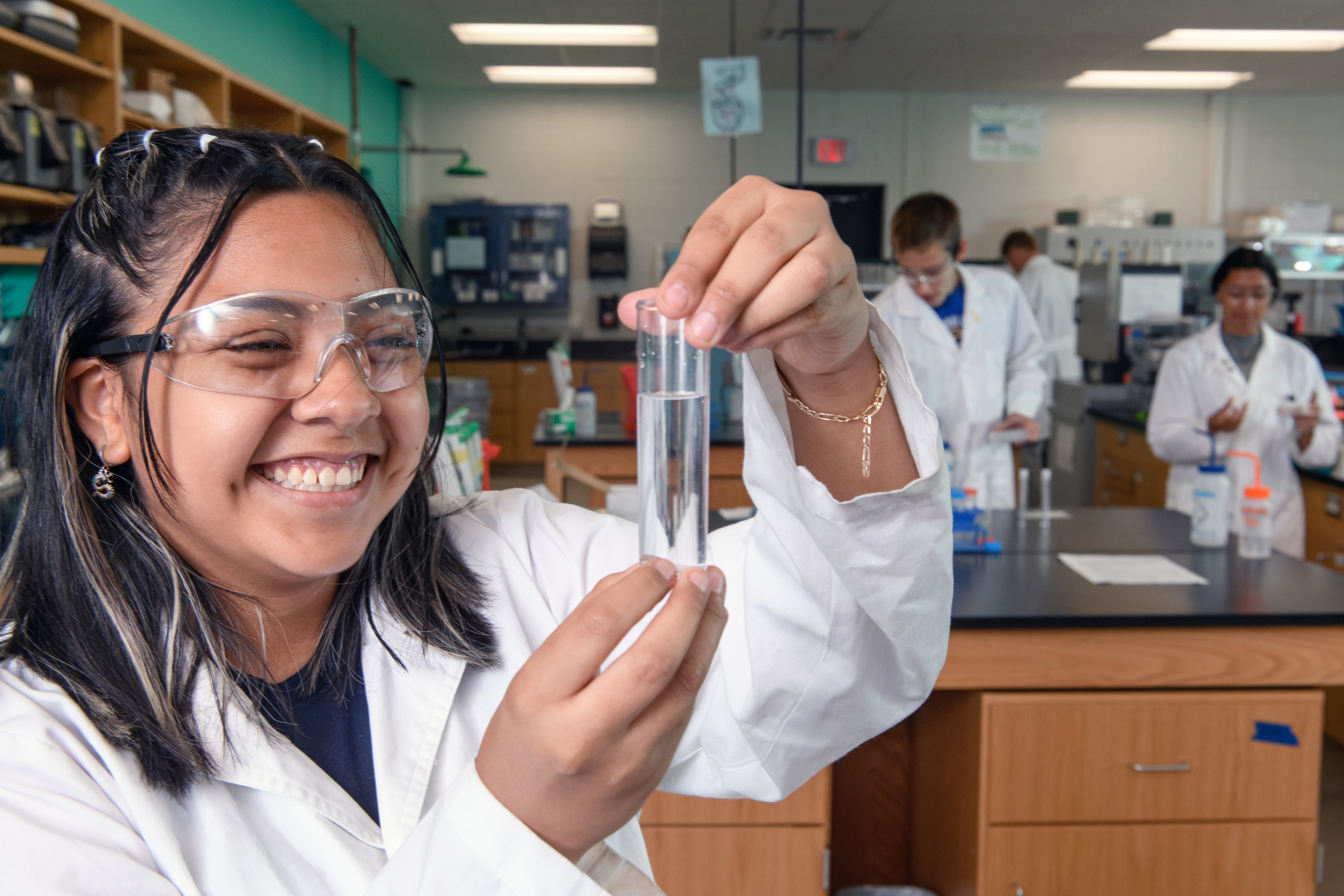 Click to see a larger version
Skip to end of gallery
Skip to start of gallery
Click to see a larger version
Skip to end of gallery
Skip to start of gallery
-
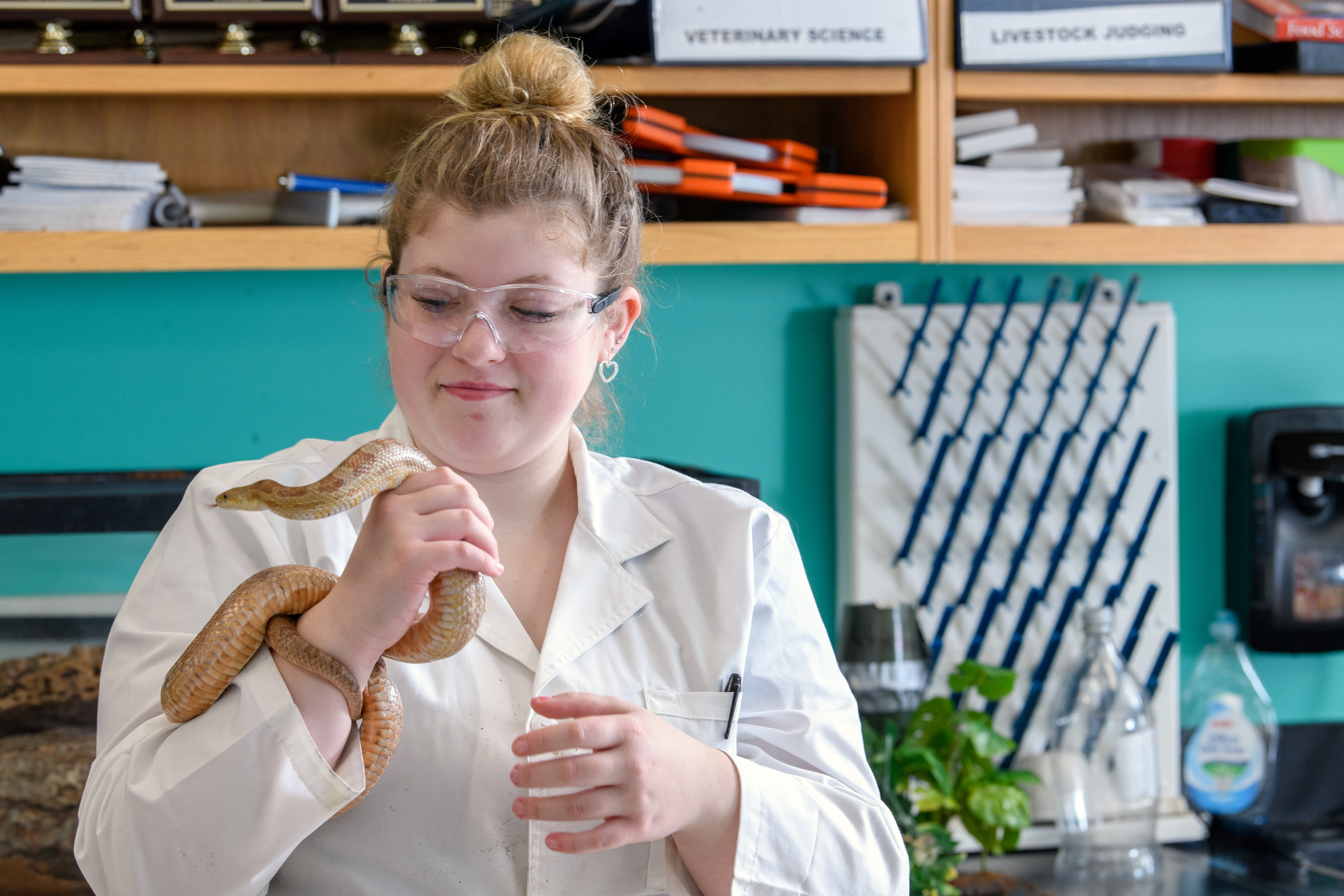 Click to see a larger version
Skip to end of gallery
Skip to start of gallery
Click to see a larger version
Skip to end of gallery
Skip to start of gallery
-
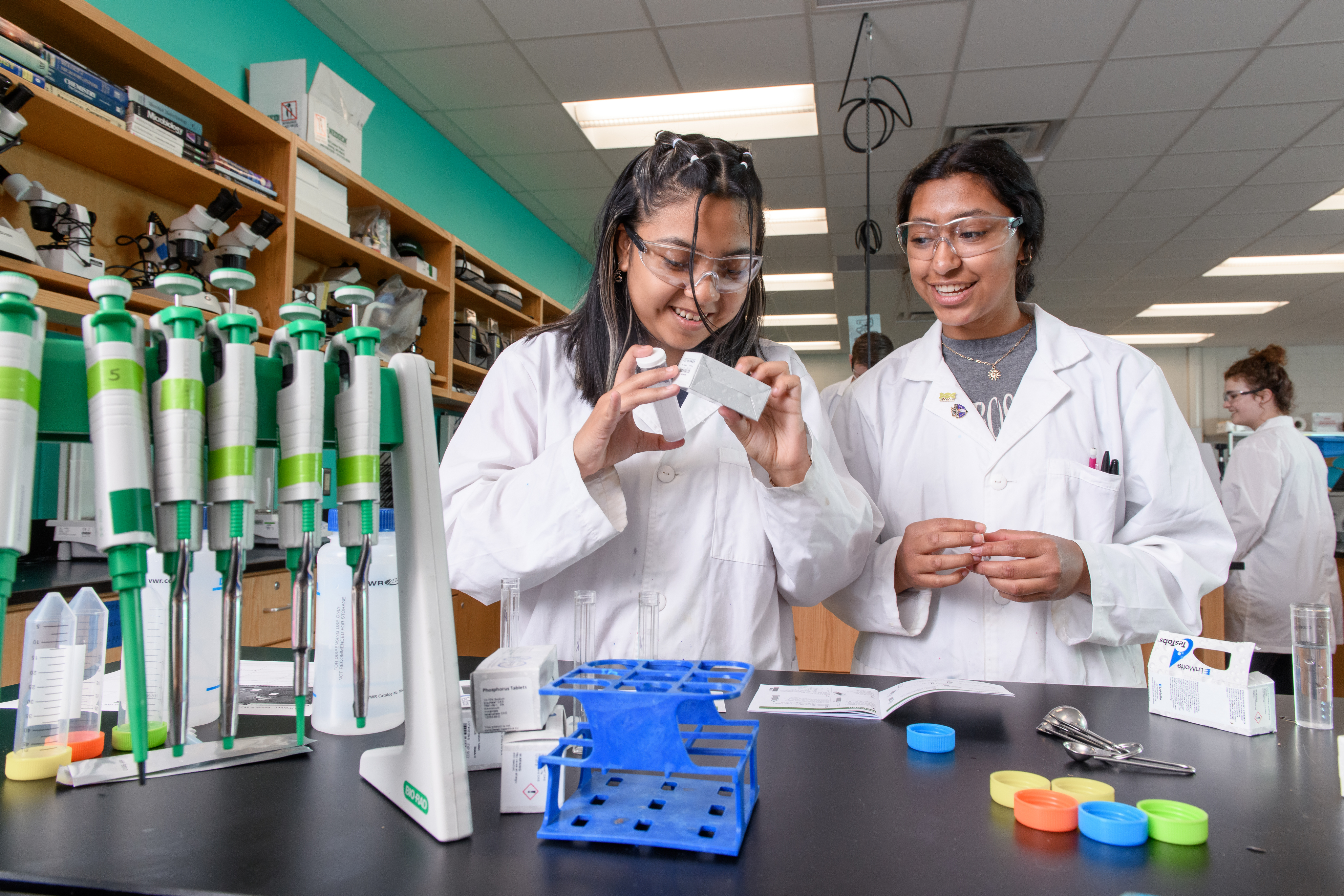 Click to see a larger version
Skip to end of gallery
Skip to start of gallery
Click to see a larger version
Skip to end of gallery
Skip to start of gallery
-
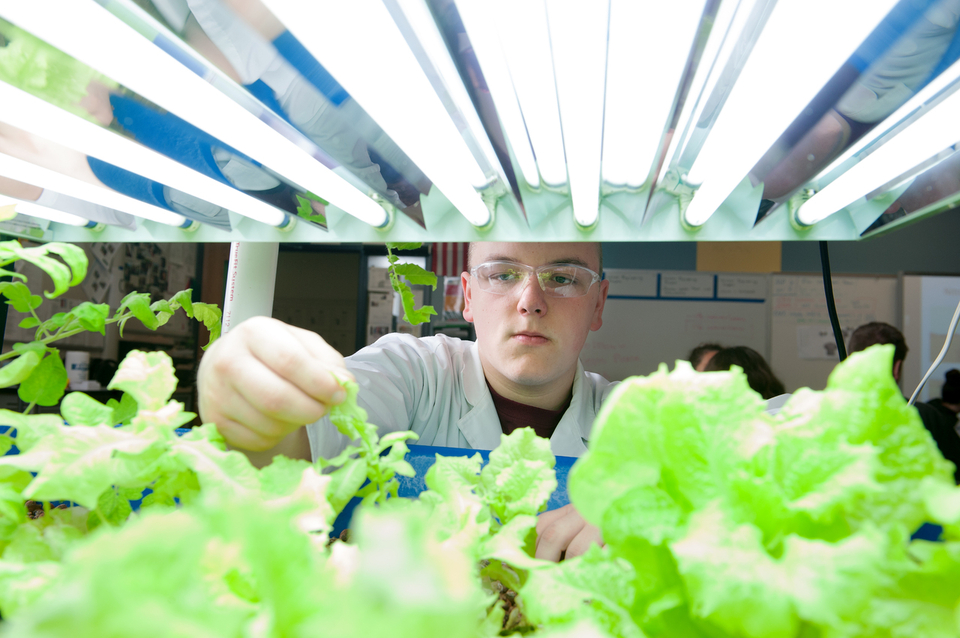 Click to see a larger version
Skip to end of gallery
Skip to start of gallery
Click to see a larger version
Skip to end of gallery
Skip to start of gallery
-
 Click to see a larger version
Skip to end of gallery
Skip to start of gallery
Click to see a larger version
Skip to end of gallery
Skip to start of gallery
-
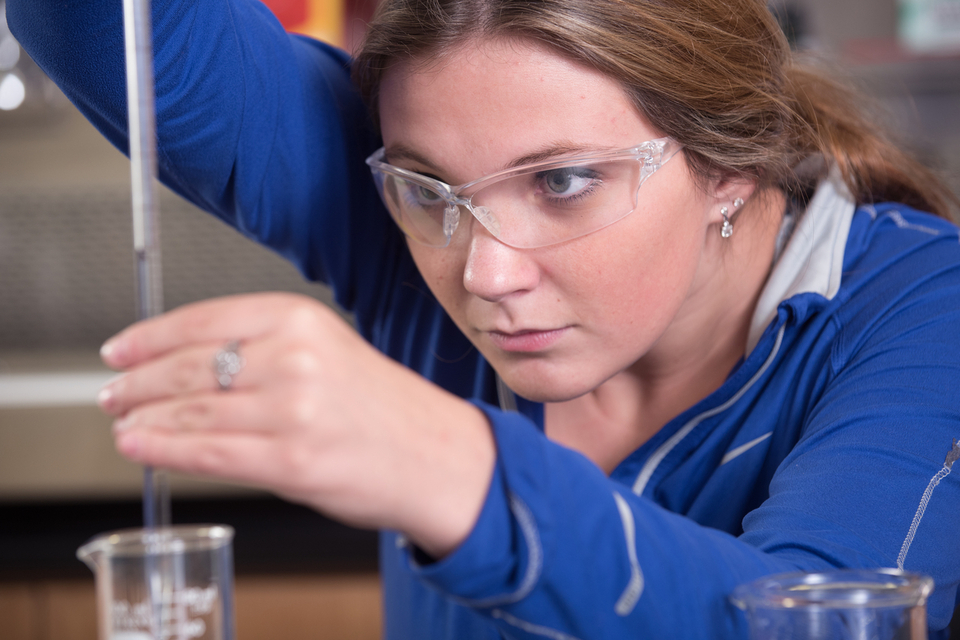 Click to see a larger version
Skip to end of gallery
Skip to start of gallery
Click to see a larger version
Skip to end of gallery
Skip to start of gallery
-
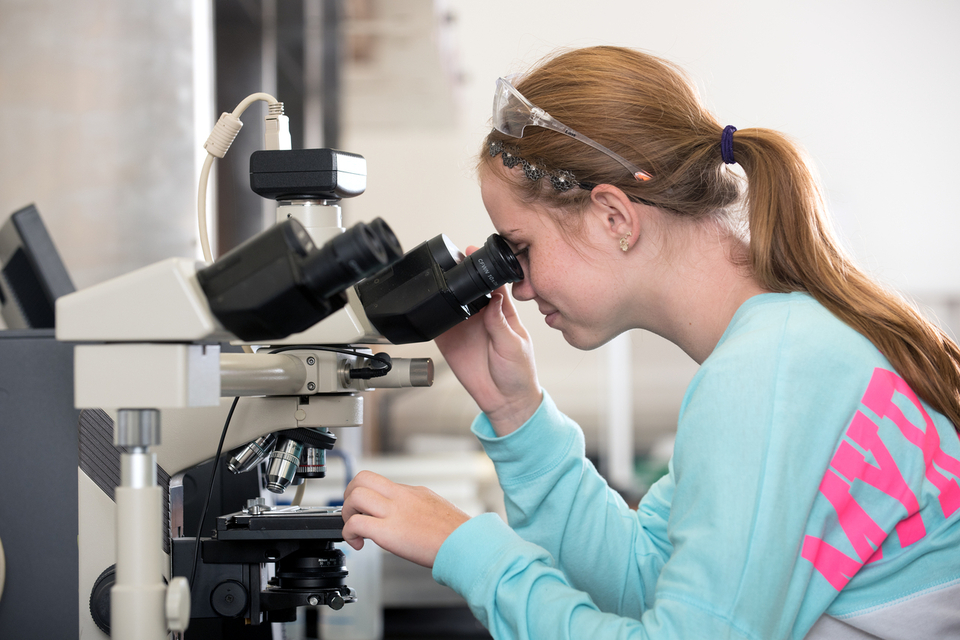 Click to see a larger version
Skip to end of gallery
Skip to start of gallery
Click to see a larger version
Skip to end of gallery
Skip to start of gallery
